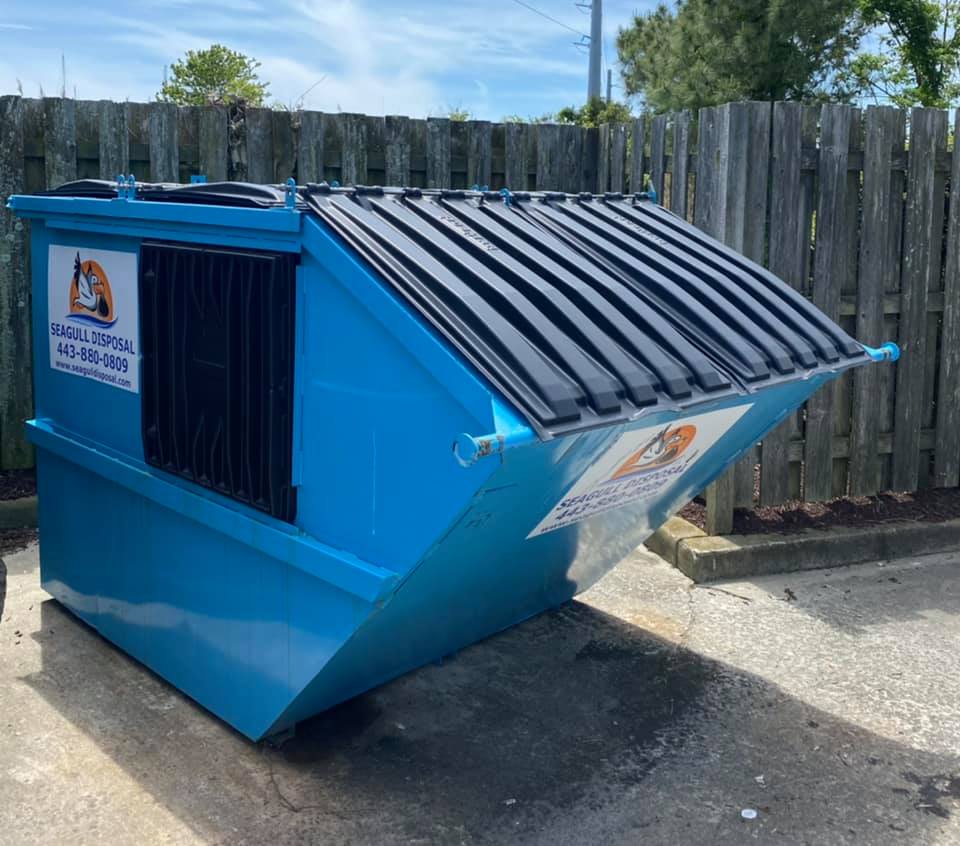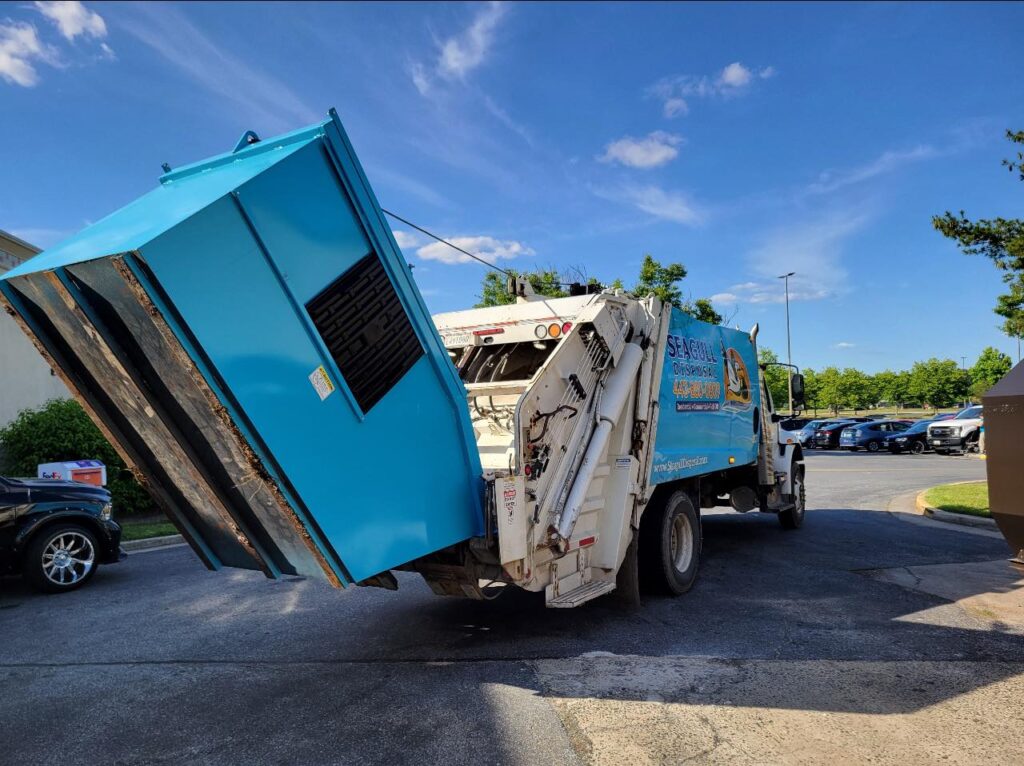Effective Small Business Waste Management Strategies
Effective waste management is increasingly becoming a significant challenge for small businesses, grappling with the dual pressures of environmental responsibility and operational efficiency. Many small enterprises face growing amounts of waste that need to be managed without harming the environment. Developing robust waste management strategies helps these businesses reduce their ecological footprint and enhances their operational efficiency.
Developing sound waste management strategies can lead to substantial cost savings and contribute to the sustainability goals of small businesses. By optimizing waste practices, businesses can reduce unnecessary expenses associated with waste disposal and potentially turn waste into a resource through recycling and recovery. Moreover, effective waste management practices reinforce a company’s commitment to sustainability, enhancing its reputation among consumers and partners.
Next, our team at Seagull Disposal will outline practical steps to help small businesses streamline their waste management practices. By enhancing efficiency and reducing environmental impact, these strategies aim to support small businesses in becoming more sustainable while handling the challenges of waste management. The focus will be on simple, actionable strategies that can make a significant difference in how small businesses handle waste.
Common Challenges in Small Business Waste Management
One of the primary challenges small businesses face in waste management is the widespread misconceptions about the complexities and benefits of proper waste practices. Many small business owners mistakenly believe that effective waste management is too costly or time-consuming for their scale of operations. This misunderstanding can lead to ineffective practices that not only harm the environment but also miss opportunities for cost savings and efficiency improvements.
Some of the other challenges to keep in mind include:
Limited Budget and Resources

Small businesses often operate on tight budgets, making it challenging to allocate funds for initiatives not directly tied to revenue generation, such as waste management. The perceived high disposal costs of initiating and maintaining proper waste management systems can deter small businesses from investing in necessary infrastructure. This financial constraint is compounded by the fact that many small enterprises lack the scale to negotiate better rates for waste disposal services.
Additionally, small businesses frequently lack dedicated staff to manage waste, so these responsibilities often fall to employees who must juggle them with other duties. This lack of specialized focus can lead to inefficiencies and a reactive approach to waste management rather than a proactive waste management plan that could save money and resources in the long term.
Space Constraints
Many small businesses operate in limited spaces, posing significant challenges for storing solid waste and recyclable materials. This lack of space often complicates the implementation of effective waste sorting and storage solutions, which are crucial for efficient waste management.
Small operating areas’ constraints also limit businesses’ ability to engage in larger-scale waste management practices, such as hosting large recycling bins or having space for bulk waste storage before disposal. This can often lead to increased costs and logistical challenges in waste handling.
Compliance with Local Regulations
Working through the maze of local and federal waste management regulations can be overwhelming for small business owners, especially those without legal expertise. Keeping up with the latest requirements and ensuring compliance requires time and resources many small businesses do not have.
Failure to comply with these regulations poses a risk of legal repercussions and fines and can lead to business disruptions. These potential financial penalties add an extra layer of stress and financial burden to the already tight budgets of small businesses. To ensure you comply with local regulations, you need to let the experts guide you.
Lack of Awareness or Education

A significant barrier to effective waste management in small businesses is the lack of awareness and education about the importance and benefits of proper waste practices. Many small business owners may not realize the cost savings and environmental benefits that effective waste management can provide.
Furthermore, there is often a gap in knowledge regarding the best practices for reducing, managing, and disposing of waste. This lack of information can prevent small businesses from implementing strategies that could help them manage waste more effectively and sustainably. Fortunately, this is an area where experts can help.
Small Business Waste Management Strategies
Effective waste management strategies for small businesses involve adopting practical and scalable solutions that can significantly reduce waste, enhance recycling efforts, and ensure proper disposal of waste materials. Small businesses can improve operational efficiency and sustainability by focusing on strategies that optimize available resources while complying with environmental regulations. These strategies also help minimize the environmental impact of their operations and foster a positive image in the community and among consumers.
A few key strategies to keep in mind include:
Conduct a Waste Audit
Performing a waste audit is a critical first step for any small business looking to improve its waste management practices. This audit allows businesses to identify what types of waste they generate and in what quantities, which is essential for developing an effective management strategy.
Understanding the specific waste streams and their sources helps businesses pinpoint opportunities for reducing waste production at the source. It also provides insights into potential savings achieved through more targeted waste management practices.
Implement Recycling Programs

Setting up designated recycling stations within the business premises is an effective way to encourage proper waste segregation. Clear labeling and convenient placement of bins can significantly improve compliance and reduce contamination of recyclable materials.
Educating employees about what can and cannot be recycled and the benefits of recycling is crucial for the success of these recycling efforts. Continuous training and reminders can help maintain high participation rates and ensure recycling practices are followed.
Optimize Trash Pickup Schedules
Adjusting the frequency of trash collection according to the actual volume of waste generated can lead to significant cost savings for small businesses. This optimization prevents bins from overflowing, otherwise attracting pests and creating unsanitary conditions. Efficient trash pickup schedules can make a major difference in your health and safety.
Moreover, customized pickup schedules ensure that waste materials do not accumulate, maintaining a clean and efficient workspace. This helps in cost management and enhances the overall workplace environment.
Reduce Waste at the Source
One of the most effective ways to manage waste is to reduce its generation. Switching to paperless systems can drastically reduce the amount of paper waste a business produces, contributing to cost savings and environmental sustainability. Leaning on recycling can also contribute to a reduced carbon footprint.
In addition, opting for products with minimal or reusable packaging can further reduce waste. This approach not only decreases waste management costs but also appeals to eco-conscious consumers, enhancing the business’s image.
Ensure Proper Disposal of Hazardous Materials
Proper identification and handling of hazardous waste are critical for small businesses, especially those in the automotive, painting, or cleaning industries. Ensuring that hazardous materials are stored, handled, and disposed of correctly is crucial to prevent health risks and environmental contamination.
Compliance with regulations regarding hazardous waste disposal is also essential to avoid legal issues and potential fines. Businesses should stay informed about the disposal methods required for hazardous materials. They should also stay updated on any changes to requirements as new legislation is rolled out.
Partner with a Reliable Waste Management Company

Collaborating with a professional waste management company can provide small businesses with expertise and resources they might not have in-house. These companies offer specialized knowledge and can tailor their services to fit the specific needs of a business.
Choosing the right waste management partner ensures that a business’s waste is handled efficiently and responsibly, aligning with operational goals and sustainability commitments. If you are looking for a professional team that can efficiently handle your small business waste management needs, let Seagull Disposal assist you.
Let Seagull Disposal Help You Take Control Of Your Commercial Trash Disposal Needs
Seagull Disposal offers comprehensive commercial waste management and waste audit services designed to enhance the efficiency and sustainability of your business operations. Our services are tailored to meet the unique needs of small businesses, helping them manage their waste more effectively while reducing costs.
Our strong reputation in the community and commitment to quality customer service ensure that you receive reliable, professional support tailored to your specific requirements. With Seagull Disposal, you can expect a partnership that respects your business’s operational needs and environmental goals.
For more information or to receive a free quote, visit our website or contact us at 443-880-0809. Let Seagull Disposal take the hassle out of waste management for you, allowing you to focus on what you do best – running your business.

